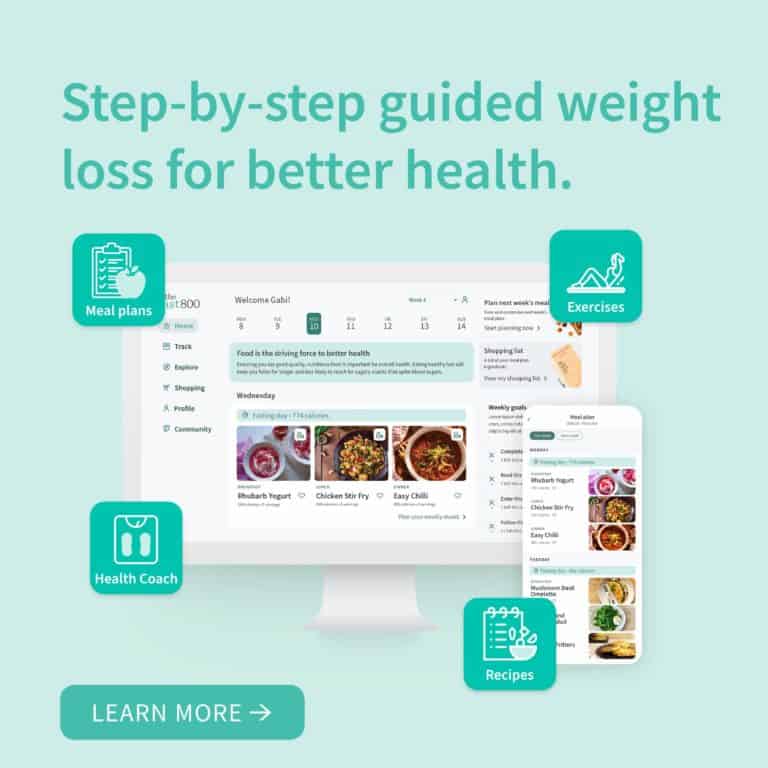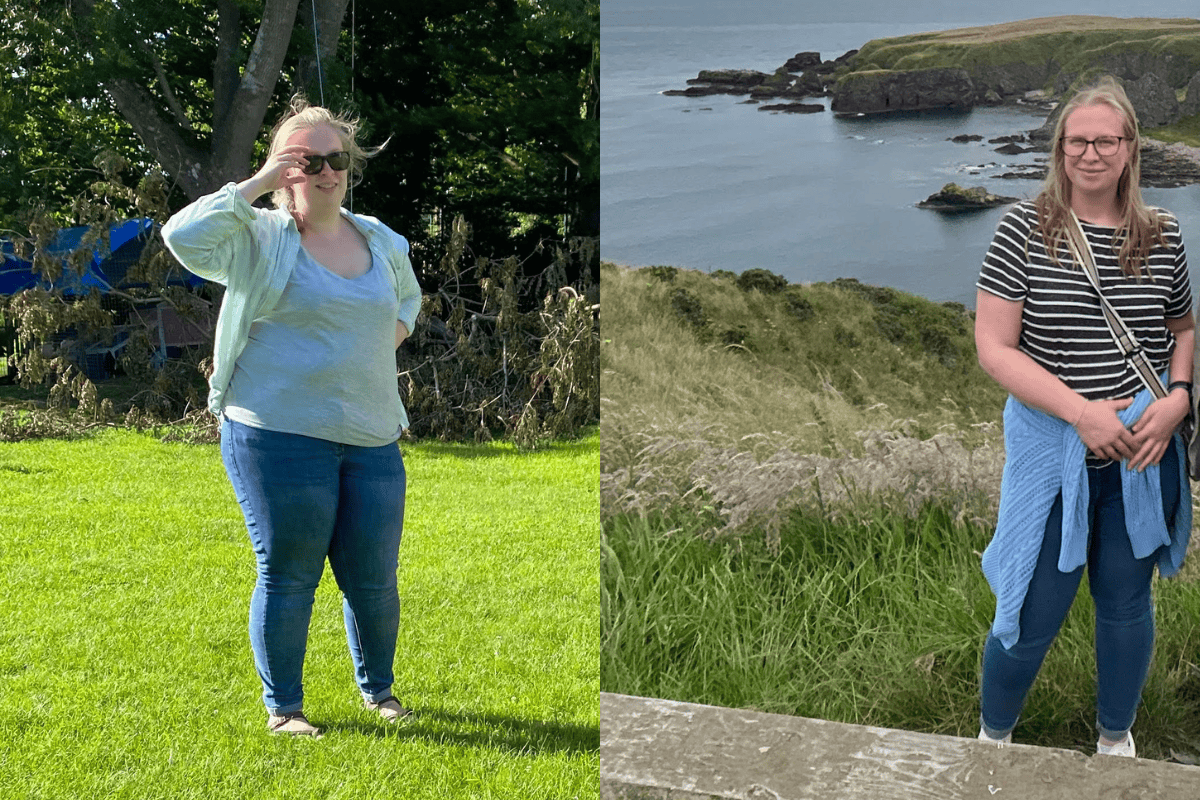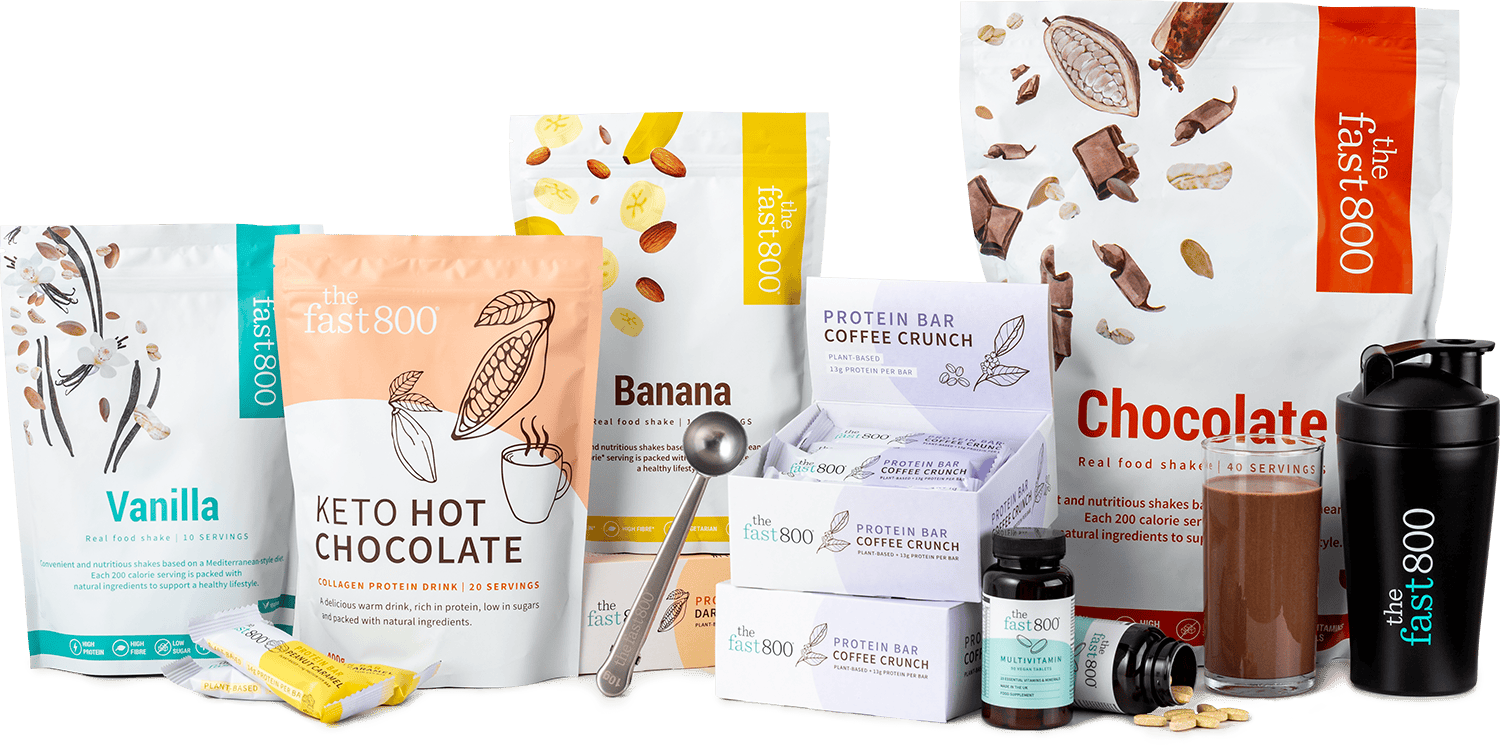Who Made Britain Fat? Dr Michael Mosley
Being a world leader in Covid research and vaccines has been a great triumph for the UK. But there is another ‘world leader’ title we really don’t want to shout about.
Obesity rates are soaring, worldwide, but the UK is worse than most, where we have the second highest rates of obesity in Europe (behind Malta). And this really does matter – it can lead to high rates of obesity-related cancers, such as breast cancer, as well as other life-shortening diseases including type 2 diabetes, rates of which have more than doubled in the last twenty years. So, why is it happening?
My new show: Who Made Britain Fat?
That is a question I set out to answer in a new series for Channel 4, Michael Mosley: Who Made Britain Fat?
Now, clearly, if you put on a lot of weight then it is probably because you are eating and drinking too much of the wrong stuff. But why are we overeating in such a spectacular fashion? It is hard to believe that it is because we are inherently greedier or more slothful than other countries.
In fact, recent research points at the food industry, and in particular, the manufacturers of ultra processed food (UPFs). These are high calorie foods that are often packed with sugar, fat and salt, as well as chemical flavourings and preservatives. They are designed to stimulate the reward circuits in our brains, so once we start eating them we find it really hard to stop.
Ultra processed foods include chicken nuggets, burgers, chips, pizzas, hotdogs, pre-packaged meals, mass-produced ice-cream, sweets, crisps, energy bars, bakery goods, biscuits, margarine and pretty well anything that says ‘instant’– i.e. instant noodles, soups and desserts.
And, just because it’s plant based doesn’t mean it’s healthy. Vegans and vegetarians are being increasingly targeted with ultra-processed convenience foods, such as vegan sausages and “junk” food alternatives.
Ultra-processed foods are often cheap and convenient and Brits are massive consumers of them.
On average 57 per cent of the calories we consume are from ultra processed foods, with children and teenagers eating the most [1]. And, strikingly, the higher the proportion of your diet that is ultra processed, the more likely you are to be obese.
But, who is to blame?
So, can we blame our obesity crisis on food manufacturers who make and aggressively promote this highly processed food?
Well, they have certainly played their part in creating our current toxic food culture, but you could also argue that these companies are just trying to maximise profits.
If you want real change it ultimately comes down to governments, who set the rules. And as I discovered, governments have done very little to try and curb the power of the food giants.
The first Government policy that mentions obesity was published 30 years ago, under the John Major government – ‘The Health of the Nation’ plan, as it was called, included a number of recommendations, including getting the nation more active and encouraging people to eat less fat. It also set targets, the most striking being to halve the proportion of adults who were obese from 14 per cent in 1992 to 7 per cent by 2005 .
But by 2005 adult obesity rates had soared to 23 per cent; they’re now 28 per cent. There have since been hundreds of new policy initiatives, and advertising campaigns, many of them targeted at trying to educate us about the dangers of obesity, or encourage us to move more.
We don’t know how much has been spent on these initiatives (in the course of making the series we tried really hard to find out, but no-one seems to know). What is clear is that most of what has been tried so far hasn’t worked.
Who made Britain fat?
One of the few initiatives which did produce measurable results was the sugar tax, introduced four years ago by George Osborne, then Chancellor of the Exchequer. Before the tax was imposed, half of all soft drinks in the UK were rich in sugar. Now, it’s just 15 per cent .
Not surprisingly, there was massive pushback when the idea was first floated. George Osborne told me there was intense lobbying, from MPs who felt that a sugar tax was an example of the nanny state, as well from big companies such as Coca-Cola and Pepsi.
‘They came to see me and other members of the government to say this was wrong,” he told me. “And their lobbyists, the companies they employ to represent them, also made that point, and they threatened us with an advertising campaign.”
Jamie Oliver, who vigorously promoted the sugar tax, told me he also got push back when campaigning. More worryingly, for the first and last time in his life, his computers were hacked.
“I can’t say that it’s got anything to do with that, and I can’t prove it. All I can say is in the 46 years that I’ve lived on this planet, the only time any of that has ever happened was in that five-month period.”
The original plan was to extend the sugar tax to other foods and drinks, and there were other anti-obesity policies waiting in the wings, including a limit on supermarket buy-one-get-one-free offers, and a pre-watershed TV advertising ban on the promotion of junk food at kids.
But when David Cameron resigned, those ideas were kicked into the long grass by his successor, Theresa May.
Thanks to his near brush with death, at the start of the Covid pandemic, Boris Johnson, has taken up some of the proposals dumped back in 2016. He’s not keen on extending the sugar tax, but at the moment it looks very likely (though not certain) that not only will we see curbs on supermarket promotions, but some sort of pre-watershed advertising ban.
If all goes to plan, by October large food stores will look very different. There will be no chocolate or other unhealthy treats near the entrance, the end of aisles or by the tills; and by January 2023 there will be severe restrictions on junk food advertising, both online and before the 9pm watershed on TV.
I think there’s more that could be done, and I explore a range of novel ideas in the series, but what’s already in the pipeline would represent a huge change from the previously largely hands-off approach. Will it be enough to win the war on obesity? Only time will tell but we can’t sit by and do nothing.
Michael Mosley: Who Made Britain Fat? C4, Wednesday 9th March, 9PM
If you’re looking to improve your metabolic health by following a lower in carb, Mediterranean-style diet, try our 550 delicious recipes and meal plans, available on the Online Programme. Enjoy our step by step guide to weight loss and healthy living.
SIGN UP TO YOUR 7 DAY FREE TRIAL TODAY











